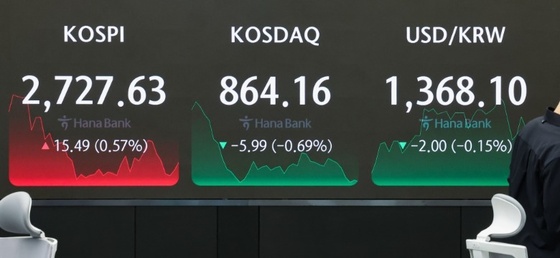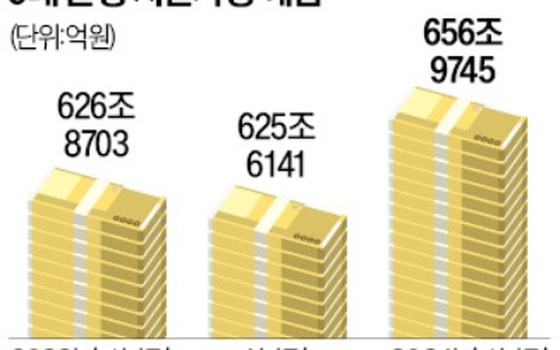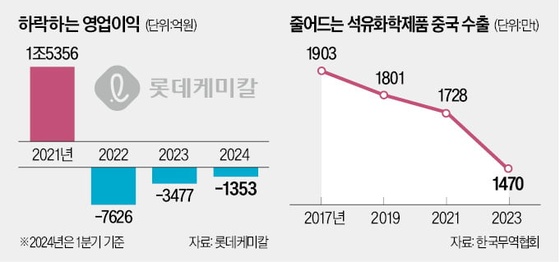입력2006.04.04 00:06
수정2006.04.04 00:09
The advantage of giving up the Bretton Woods system was that it reduced the moral hazard in the world monetary order for free riders, who until then could easily spill over improper macroeconomic policies to the rest of the world without paying a price or facing a risk.
But the current order has failed to deliver a smooth adjustment of imbalances in the world financial markets, and there is ample room for reform.
Any world monetary order would require a regulatory framework based on enforceable rules.Unfortunately, the failure of the IMF to establish such rules in the past half-century does not inspire optimism about grandiose designs for a world central bank.
I don't see any benefit in designing another pompous institution that-if lacking the proper instruments-is likely to fail just as its predecessors.
It would be better to move a properly managed floating system under the control of the world's two or three key central banks, such as the U.S.Federal Reserve, the European Central Bank and the Bank of Japan.
If these banks could establish sound governance structures in their domestic financial markets and agree on a common framework of managed exchange rates that reduce volatility, it would be sufficient to bring the world economy back on track.
( THE WALL STREET JOURNAL 7월 8일자 How to Make a World Central Bank Unnecessary? )
브레튼우즈체제 포기에 따른 이점은 국제통화질서에서 무임승차자들의 도덕적 해이를 줄였다는 것이다.
그 전까지만 해도 무임승차자들은 부적절한 거시경제정책을 아무런 위험이나 대가도 치르지 않고 세계의 다른 국가들에 손쉽게 떠넘길 수 있었다.
그러나 현행 통화질서도 세계 금융시장의 불균형을 원활하게 조정하지 못하고 있어 개혁할 여지가 많다.
어떤 세계 통화질서도 강제 규정에 기반을 둔 규제틀을 필요로 한다.
불행히도 지난 반세기 동안 국제통화기금(IMF)은 그러한 규정을 확립하는데 실패한 탓에 세계중앙은행 건설이라는 원대한 계획에 대한 낙관론도 시들한 형편이다.
과거의 사례에서 알 수 있듯이 적절한 정책 수단을 마련하지 않은 채 겉만 번지르한 또 하나의 기구를 기획해 봐야 실패할 가능성이 높을 뿐 아무런 이익도 없다.
차라리 미국의 연방준비제도이사회나 유럽중앙은행, 일본은행과 같은 세계의 2~3개 핵심 중앙은행에 적절히 관리되는 변동환율제를 맡기는 편이 나을 것이다.
이들 중앙은행이 자국내 금융시장에서 건전한 지배구조를 확립할 수 있고 또 급격한 변동폭을 줄여줄 공통된 관리환율 틀에 합의만 한다면 세계 경제는 충분히 본 궤도에 오를 수 있을 것이다.
-----------------------------------------------------------------
'통화정책'…각국 중앙은행서 담당
tips =monetary policy(통화정책)는 통화공급 조절을 통해 안정적인 경제성장을 도모하는 것으로 각국 중앙은행들이 이를 담당한다.
최근 중앙은행들이 경쟁적으로 기준 금리를 인하하고, 외환시장 개입을 통해 환율 안정화에 나서는 것도 통화정책의 일환이다.
통화정책은 그 목적에 따라 통화목표제(monetary targeting), 인플레목표제(inflation targeting), 환율목표제(exchange rate targeting) 등으로 구분된다.
김동윤 기자 oasis93@hankyung.com
![한·일, 벤처 투자 펀드 첫 조성…1억달러로 양국 스타트업 지원[Geeks' Briefing]](https://img.hankyung.com/photo/202405/01.36676624.3.jpg)












![[픽! 남원] 춘향제에서 놀이기구 즐기는 어린이들](https://timg.hankyung.com/t/560x0/photo/202405/ZK.36676832.3.jpg)